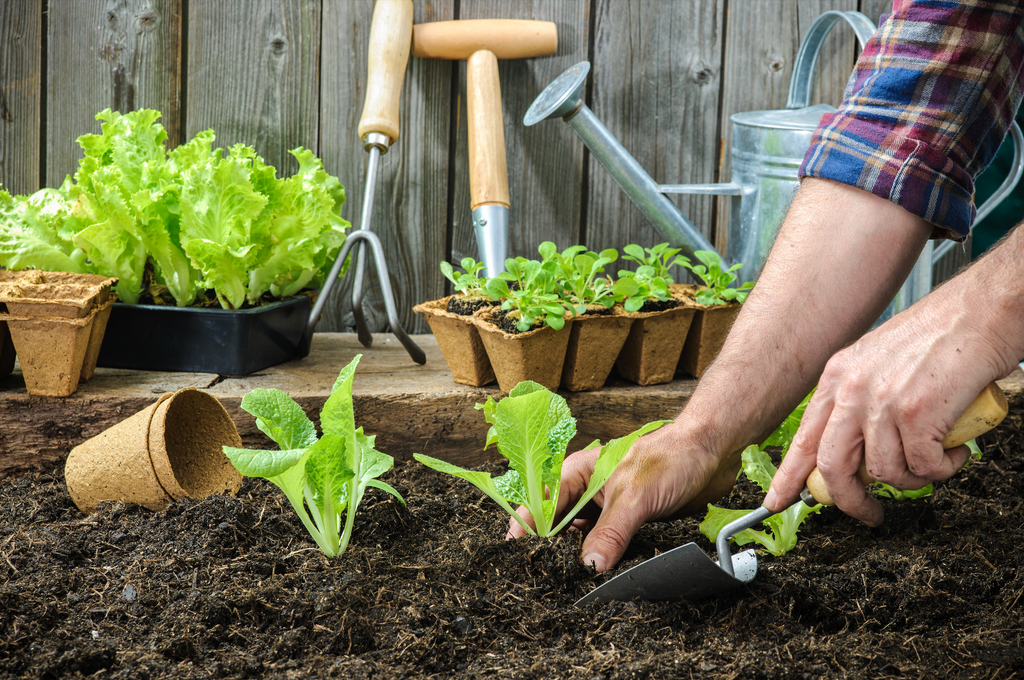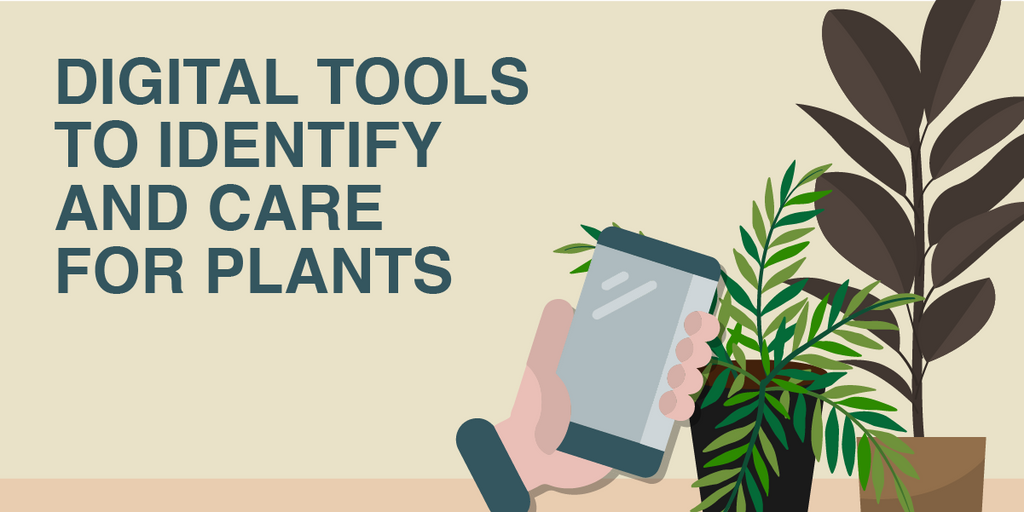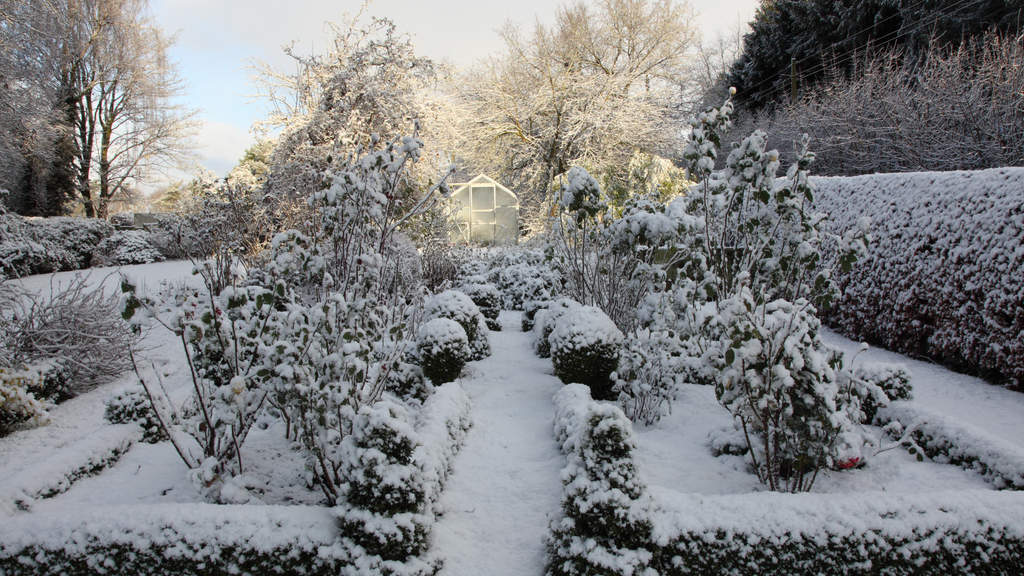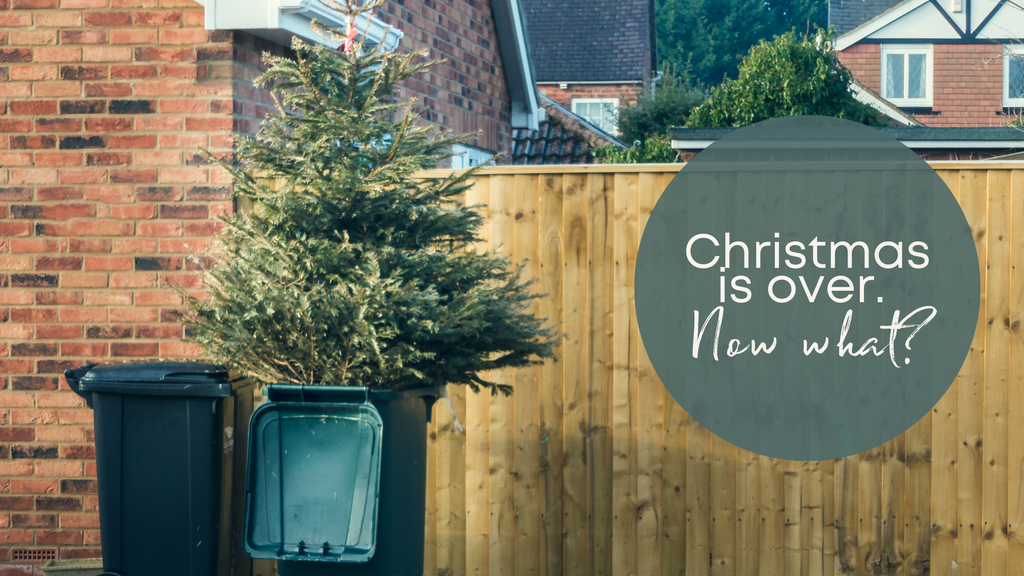
Celebrate Organic September by growing an Organic Vegetable Garden

How to grow your own delicious, healthy, fresh organic vegetables free of synthetic chemicals
What is organic gardening?
As a gardening method, organic means to garden with materials derived directly from plants, animals, and minerals, without the assistance of fossil fuels. That means there is no use of petrochemical-based pesticides, herbicides, or fertilisers.
Organic September
Celebrated each year in the U.K., Organic September raises awareness and encourages gardeners to produce and consume organic products. The month also celebrates all the work that goes into organic farming.
Why is organic gardening promoted?
This gardening method works with natural systems to promote ecological balance and prevent overexploitation of natural resources. It also prevents the usage and consumption of harmful chemicals in food, making it safer and healthier overall. Organic farming aims to produce food that can be trusted in terms of sources, ingredients, and production methods.
Top 7 steps to growing your own organic vegetable garden
Buying organic veggies can get very expensive, and there's a surprisingly easy way to overcome this... by rolling up your sleeves and growing your own with little effort.
Plan your planting
The number one principle of an organic vegetable garden is to achieve natural bug control by using companion planting and beneficial insects to rid the garden of pests.
A great example of companion planting is to plant hot and sweet peppers near beans and peas, as the capsaicin will deter the bean beetle and other insects.
Plant pairings to try:
Chilli Jalapeno + Pea Hurst Green Shaft
Sweet Pepper Californian Wonder + Runner Bean Painted Lady
Chilli Habanero + Pea Kelvedon Wonder
Chilli Cayenne + Dwarf French Bean Purple Queen
Sweet Pepper Redskin + Broad Bean Bunyards Exhibition
Another great match is potatoes and marigolds to dissuade the potato bug. Try the large-blooming Marigold African Cracker Jack.
Many herbs and vegetables are best grown from seed, including coriander, dill, squash and cucumbers. Cucumber Marketer is a popular variety perfect for salads.
Some real winners in the world of yielding vegetable plants include courgettes (give the dark green Courgette Black Beauty a whirl, Swiss Chard, and sugar snaps.
Make your own organic compost
A good organic garden is only as good as the soil it's grown in. The most important component in the soil is organic matter, such as manure, peat moss or compost. Most organic gardeners rely on compost, which is made from the breaking down of organic matter, including eggshells, coffee grounds, and grass or yard clippings. This household and garden waste is collected throughout the year in a compost heap or bin.
The best compost forms from the right ratio of nitrogen- and carbon-rich organic waste mixed with soil, water, and air. It sounds like complicated chemistry, but even a minimally tended pile will yield decent results.
Over time, add alternating layers of carbon (or brown) material — leaves and garden trimmings — and nitrogen (or green) material — such as kitchen scraps and manure, with a thin layer of soil in between. Top off the pile with a few inches of soil.
Turn the pile as new layers are added, and water to keep the compost slightly moist.
Prepare and plant your organic raised beds
Elevated beds are popular as they extend the growing season, and – let's face it – they're easier on the back. Keep the bed small, so you don't have to reach far or step on the soil.
Work your compost into the plot's soil and start planting, leaving ample space between the rows to limit overshadowing.
Plant flowers in or near the veg garden to attract bees, other pollinators, lady beetles and praying mantis. Great bee-attracting plants include lavender, rosemary, salvias, nasturtiums, petunias, sweet peas, cosmos, sunflowers, and herbs.
Use vertical gardening techniques
Great for smaller areas, trellises, cages, and sorting will encourage certain vegetables to grow up instead of out, freeing up more room to plant other vegetables.
Water wisely
Wet leaves foster mildew growth, so consider using a water-saving soaker hose that delivers water directly to the roots and prevents splashing.
Cleaning and weeding
Diseases spread rapidly in dead, fallen foliage, so take a regular stroll through your patch to locate and discard dead or diseased leaves in the trash (not in your compost pile).
Once you've cleared up, it's time to seek out pesky weeds that attract pests and compete with your plants for water and nutrients.
Practice crop rotation from year to year
Once you've harvested your yields and are ready for your next set of planting, avoid planting the same family in the same spot to avoid diseases affecting closely-related plants.
For instance, if you last grew plants from the tomato family (tomatoes, peppers, potatoes or aubergine, consider replacing the bed with members of the squash family (squash, pumpkin and cucumber).
What's your favourite reason for growing an organic vegetable garden? To avoid potentially harmful chemicals? To save money? To protect the environment? Or to enjoy fresh, better-tasting harvests?








